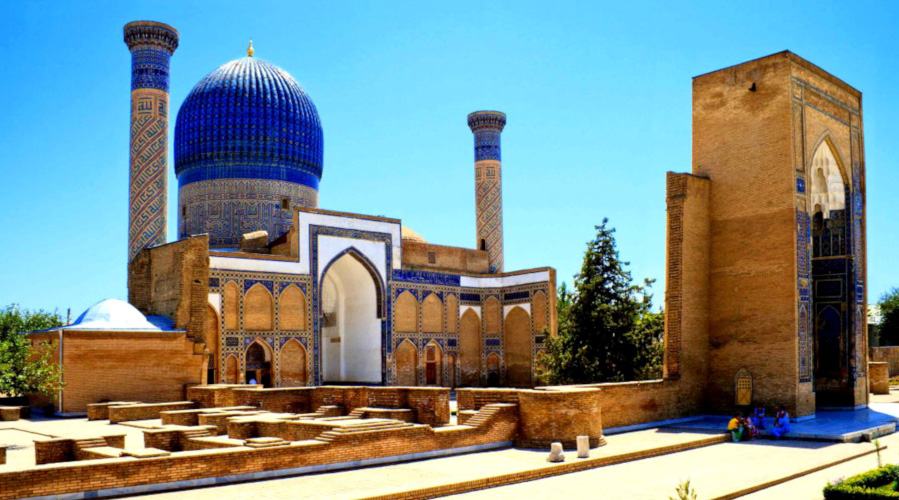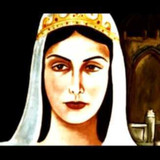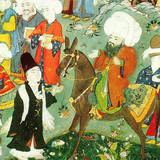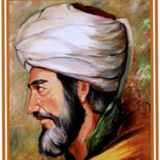
Source: http://www.orangesmile.com
Balkh is one of the oldest continuously-inhabited places in the world with a settlement possibly established by 2000 BC. In any case it was a city of such antiquity that medieval Arabs called it the 'Mother of Cities'. During its long history, Balkh was known as the seat of Zoroastrianism, and Zoroaster was said to have preached and been buried there. It was also home to an important Buddhist center from the 5th century AD. Judaism was also represented in Balkh since antiquity, persisting until modern times. In the 7th and 8th centuries, Buddhist and Islamic leaders fought for control of Balkh, with the city eventually becoming part of the Umayyad empire. Throughout its history Balkh was a key trading and administrative center, and at one point the city and its environs potentially supported as many as a million people. The local climate was somewhat wetter until the medieval period, and encroaching desertification coupled with successive invasions by hostile armies over the following centuries eventually reduced Balkh to a modest-sized town nestled within an expanse of ancient ruins.
Scholars Who Lived or Worked Here
 Rabia Balkhi
Rabia Balkhi
 Rumi
Rumi
 Al-Sijzi
Al-Sijzi
